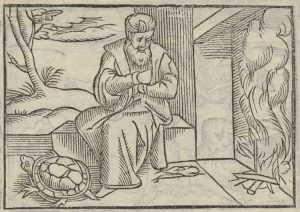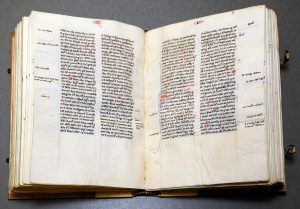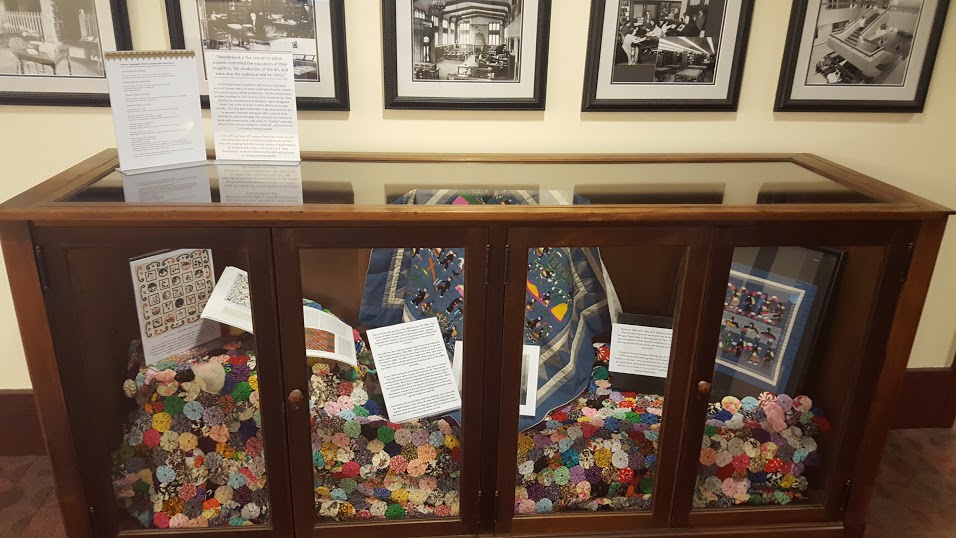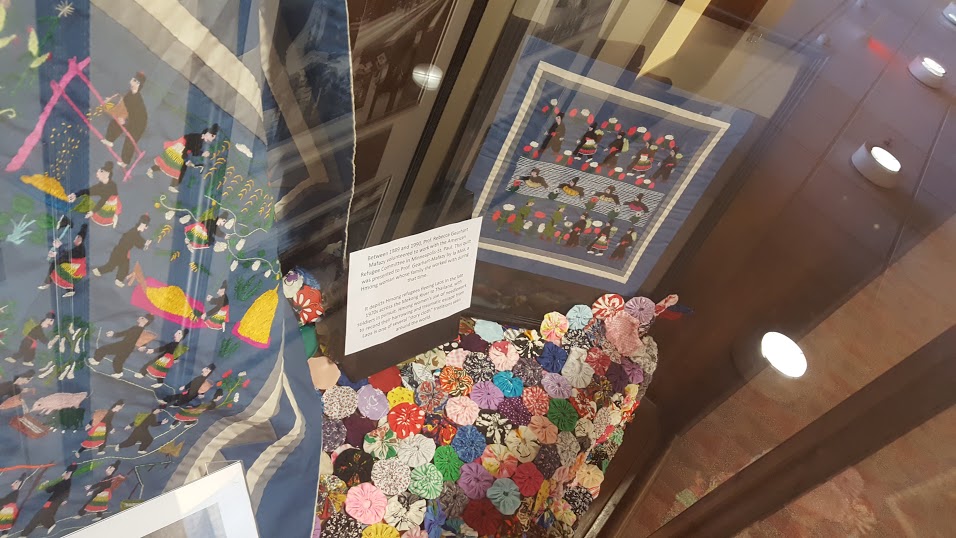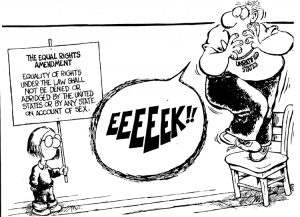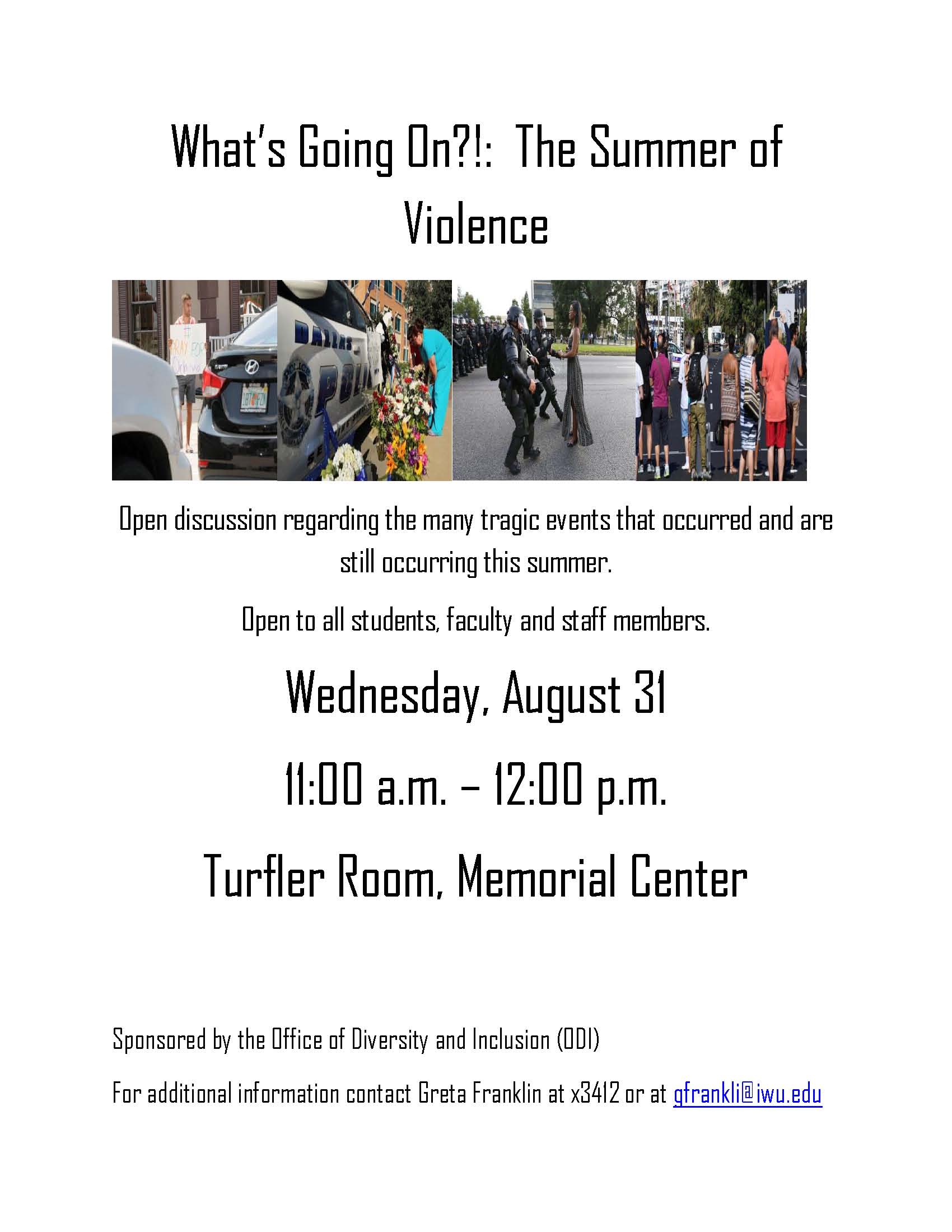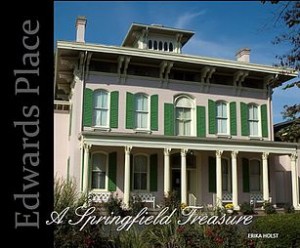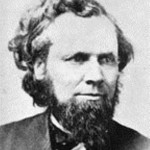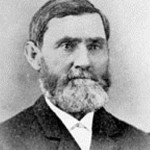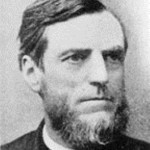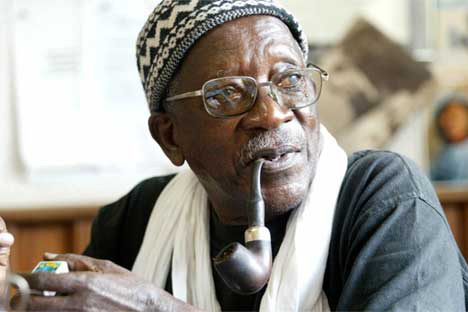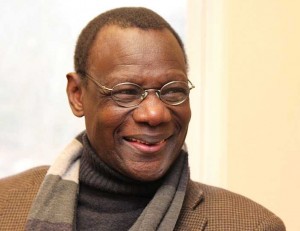Join the Office of Diversity and Inclusion on Wednesday, September 21st at 7:30pm in the Davidson Room of the Memorial Center.
Diversity Talk: Race, Patriotism and Athletics
The American flag and our national anthem are symbols of patriotism, loyalty, and unity of our nation. The current protest movement of kneeling for the national anthem reflects what the flag represents to those individuals, and it raises a complex set of issues confronting our nation and faced by members of our rich and varied community. Essentially, we have competing values (patriotism and injustice) demonstrated through action (kneeling during the national anthem). These competing core values are challenging and worthy of discussion and examination.
Prepare yourself for this awesome discussion by reading up on the history of athletic protests. Here are some great resources, available freely and brought to you by The Ames Library.
The Washington Post, summarizing 9/11 and the opening of the NFL season.
CNN, slavery and the national anthem
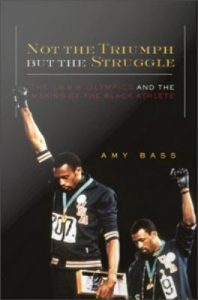 Not the Triumph but the Struggle: The 1968 Olympics and the Making of the Black Athlete – “In this far-reaching account, Amy Bass offers nothing less than a history of the black athlete. Beginning with the racial eugenics discussions of the early twentieth century and their continuing reverberations in popular perceptions of black physical abilities, Bass explores ongoing African American attempts to challenge these stereotypes. Although Tommie Smith and John Carlos were reviled by Olympic officials for their demonstration, Bass traces how their protest has come to be the defining image of the 1968 Games, with lingering effects in the sports world and on American popular culture generally. She then focuses on images of black athletes in the post-civil rights era, a period characterized by a shift from the social commentary of Muhammad Ali to the entrepreneurial approach of Michael Jordan.”
Not the Triumph but the Struggle: The 1968 Olympics and the Making of the Black Athlete – “In this far-reaching account, Amy Bass offers nothing less than a history of the black athlete. Beginning with the racial eugenics discussions of the early twentieth century and their continuing reverberations in popular perceptions of black physical abilities, Bass explores ongoing African American attempts to challenge these stereotypes. Although Tommie Smith and John Carlos were reviled by Olympic officials for their demonstration, Bass traces how their protest has come to be the defining image of the 1968 Games, with lingering effects in the sports world and on American popular culture generally. She then focuses on images of black athletes in the post-civil rights era, a period characterized by a shift from the social commentary of Muhammad Ali to the entrepreneurial approach of Michael Jordan.”
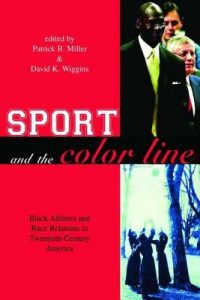 Sport and the Color Line: Black Athletes and Race Relations in Twentieth-Century America – “The year 2003 marks the one-hundredth anniversary of W.E.B. Du Bois’ “Souls of Black Folk,” in which he declared that “the color line” would be the problem of the twentieth century. Half a century later, Jackie Robinson would display his remarkable athletic skills in “baseball’s great experiment.” Now, “Sport and the Color Line” takes a look at the last century through the lens of sports and race, drawing together articles by many of the leading figures in Sport Studies to address the African American experience and the history of race relations.
Sport and the Color Line: Black Athletes and Race Relations in Twentieth-Century America – “The year 2003 marks the one-hundredth anniversary of W.E.B. Du Bois’ “Souls of Black Folk,” in which he declared that “the color line” would be the problem of the twentieth century. Half a century later, Jackie Robinson would display his remarkable athletic skills in “baseball’s great experiment.” Now, “Sport and the Color Line” takes a look at the last century through the lens of sports and race, drawing together articles by many of the leading figures in Sport Studies to address the African American experience and the history of race relations.
“The history of African Americans in sport is not simple, and it certainly did not begin in 1947 when Jackie Robinson first donned a Brooklyn Dodgers uniform. The essays presented here examine the complexity of black American sports culture, from the organization of semi-pro baseball and athletic programs at historically black colleges and universities, to the careers of individual stars such as Jack Johnson and Joe Louis, to the challenges faced by black women in sports. What are today’s black athletes doing in the aftermath of desegregation, or with the legacy of Muhammad Ali’s political stance? The essays gathered here engage such issues, as well as the paradoxes of corporate sport and the persistence of scientific racism in the athletic realm.”
” “Doing the Right Thing for the Sake of Doing the Right Thing”: The Revolt of the Black Athlete and the Modern Student-Athletic Movement, 1956-2014. Western Journal of Black Studies. Winter 2014. This article addresses how San Jose and the South Bay Area blazed a path that was central to the development of the modern student-athletic movement. It argues that the “Revolt of the Black Athlete” has afar-greater impact than Tommie Smith and John Carlos shocking the world on the winner’s podium at the 1968 summer Olympic Games with raised black fists in protest against U.S. racism and poverty. Moreover, this article reconsiders the early student-athletic movement, as an understudied site that made a huge contribution in the post-1970 formation of more democratic, more diverse, and more dynamic Predominantly White Colleges and Universities. This article concludes relating the latest phase of student-athletic activism to the Revolt and how a racially based collective politic became an economically based class-action politic, which in the present, is very close to redefining what a “student-athlete ” is. [ABSTRACT FROM AUTHOR]
” “Black Fists and Fool’s Gold: The 1960s Black Athletic Revolt Reconsidered” The Lebron James Decision and Self-Determination in Post-Racial America. Black Scholar. Spring 2012. The article considers the historical impact of the actions of African American track and field athletes Tommie Smith and John Carlos at the 1968 Olympic Games in Mexico City, Mexico. During the awards ceremonies, both Smith and Carlos raised their fisted hands encased in black gloves in gestures related to the Black Power movement intended to raise international awareness of African American civil rights. Public response to the men’s silent protest in 1968 are compared to popular opinions regarding the awarding of Smith and Carlos with the 2008 Arthur Ashe Award for Courage.

